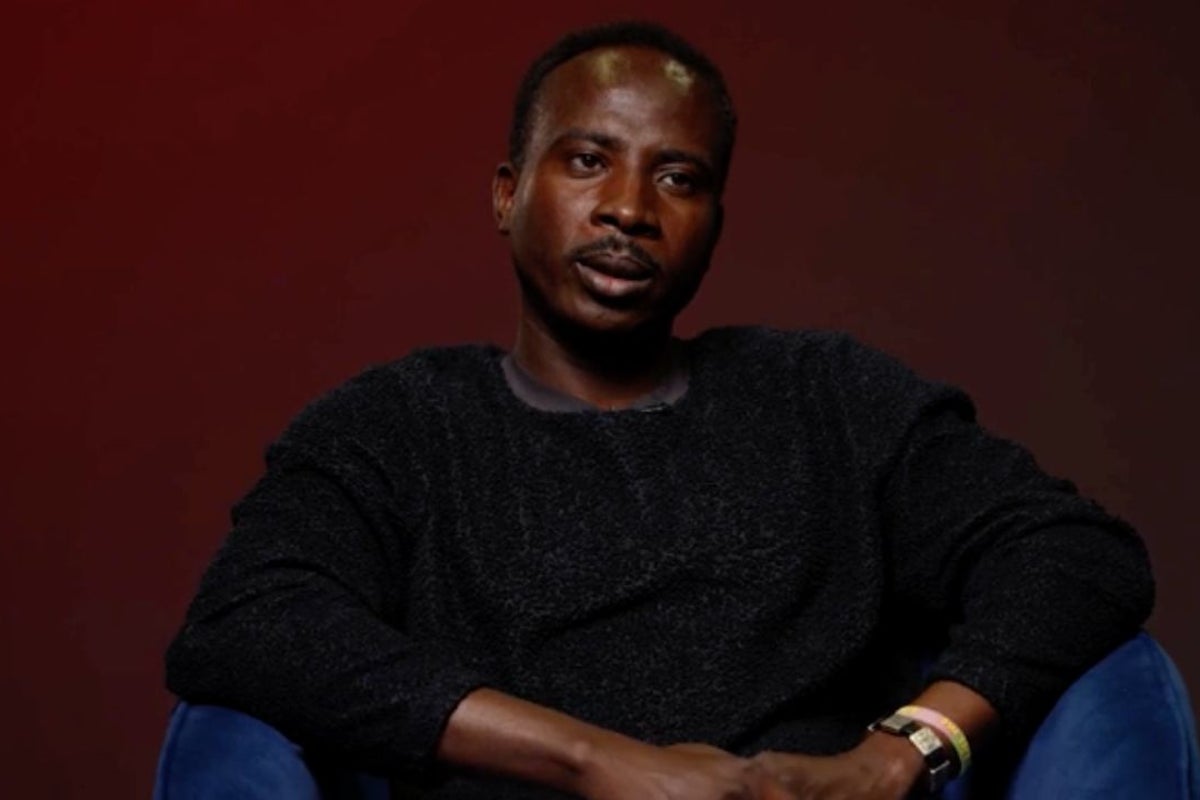
It took Ismail two years to reach the UK from Sudan, where he fled a life defined by conflict and a constant struggle to survive.
Two years into a brutal civil war, Sudan is in the grip of what the UN has called the world’s “worst humanitarian crisis”. The latest figures from the UN Office for the Coordination of Humanitarian Affairs show that 30.4 million people are in need of humanitarian assistance, while more than 12 million people have been displaced since April 2023.
Violence erupted in Sudan in April 2023 when long-simmering tensions between its military and paramilitary leaders broke out in the capital, Khartoum, and spread to other regions.
Ismail, 37, began his journey from the city of Al-Fashir, where he was born and raised. The city, in the Darfur region of southwestern Sudan, is now under constant bombardment and has mostly been cut off from the outside world.
The first leg of Ismail’s journey took him across the Sahara, one of the world’s largest and most unforgiving deserts. Along the way, the lorry carrying him and others broke down. It took around two months for Ismail to reach Libya, where tens of thousands of migrants and refugees undertake the perilous crossing to Europe across the Mediterranean Sea each year.
In Libya, Ismail paid the equivalent of around £1,000 in Libyan currency for a place on a boat to Italy. The route is one of the deadliest in the world for migrants and refugees. More than 2,200 people lost their lives attempting the crossing in 2024 alone, according to the UN.
“They have very big boats from the European Union,” Ismail told the Independent. “They know migrants try to cross the Mediterranean.”
From there, Ismail continued his journey by train from Milan to Paris. But the final stretch—from Calais to the UK—also put his life in danger.
“There are trains that carry lorries to the UK,” he explained. “I went to the station. The police and security didn’t see me. I just jumped on and lay between a lorry and the train.”
After passing through the Channel Tunnel and arriving in Dover, Ismail was stopped by British police. He was then taken to asylum seeker accommodation in Liverpool.
By that point, he hadn’t spoken to his family in more than two years. They didn’t even know he had made it to the UK.
“They were very happy that I was safe and alive,” he said.
Ismail risked his life to make the journey in hopes of supporting his family, many of whom lived in Zamzam refugee camp after their home in Al-Fashir was destroyed by missile strikes.
“Even for my brothers, there is no place to go to work to bring the money, thats why I am trying to help them” he said.
But the Zamzam Refugee Camp, one of the largest in Sudan, is far from safe. It is frequently targeted by the Rapid Support Forces (RSF), a paramilitary force which evolved from so-called Janjaweed militias.
“They saw people dying in front of them,” Ismail said. “Even people I know—my relatives—were killed in Zamzam.”
Ismail, who once worked as a kitchen porter, now has a job in a warehouse in North London. The money he’s been able to send home has made a tangible difference: it helped his family buy land and build a home in Al-Fashir.
“When I got the right to work [in the UK], I managed to save some money and bought a piece of land in Al-Fashir. I built a house there. It was really good,” he said.
But the war shattered that small triumph, as his family was forced to flee the home he had worked so hard to provide.
After his five-year refugee status expired, Ismail was granted British citizenship. This allowed him to return briefly to Sudan last year, where he got married. His wife is now heavily pregnant and living in a refugee camp in Uganda, after Ismail helped her flee the violence.
“I tried to bring her here before she gives birth, but I haven’t found a solution. I want her to come here and live with me forever,” he said.
Under current UK rules, refugees or people granted humanitarian protection may apply for family reunification if they were already in a relationship or had children before fleeing their country. But the process is often long, complex, and uncertain.
In the past two years, at least 24,000 people have been reported killed in Sudan, according to the UN, but activists believe the true toll is far higher. Meanwhile aid camps have been burned to the ground and children are thought to have been raped.
“People don’t know what’s happening in Sudan at the moment or anytime in the past, because there are no journalists to cover what’s going on, so that’s why,” Ismail said.
Watch the full episode of Unheard here: I Escaped The War. My Family’s Still Stuck | UNHEARD
